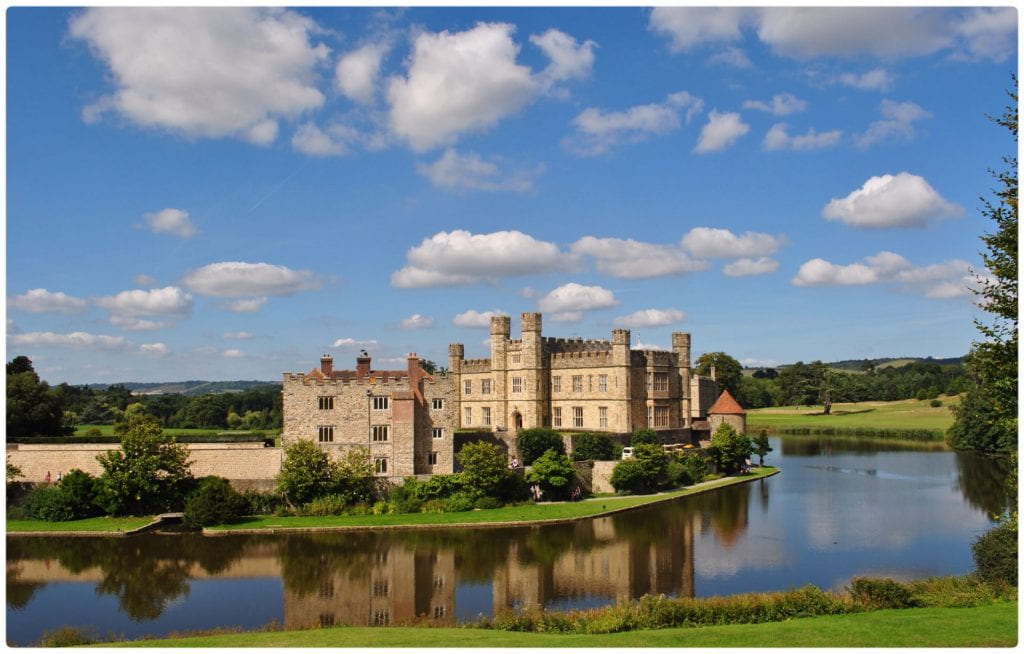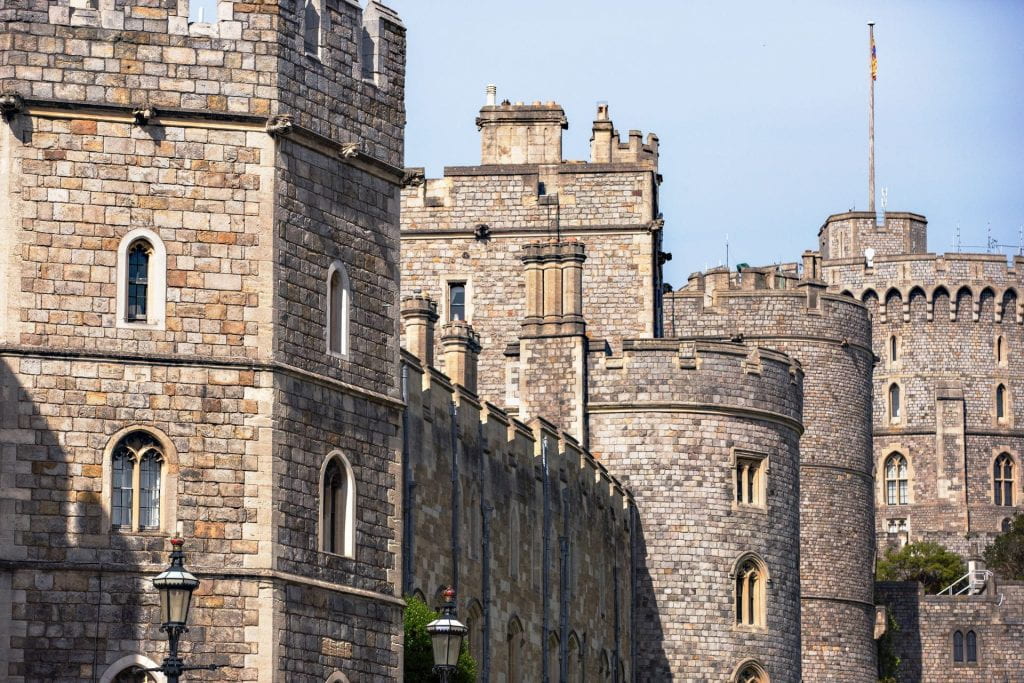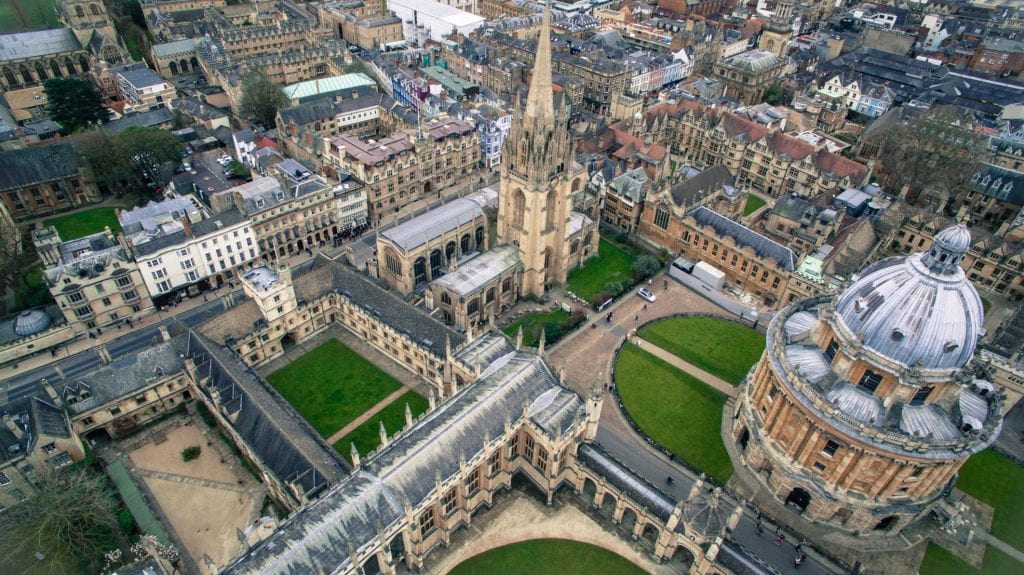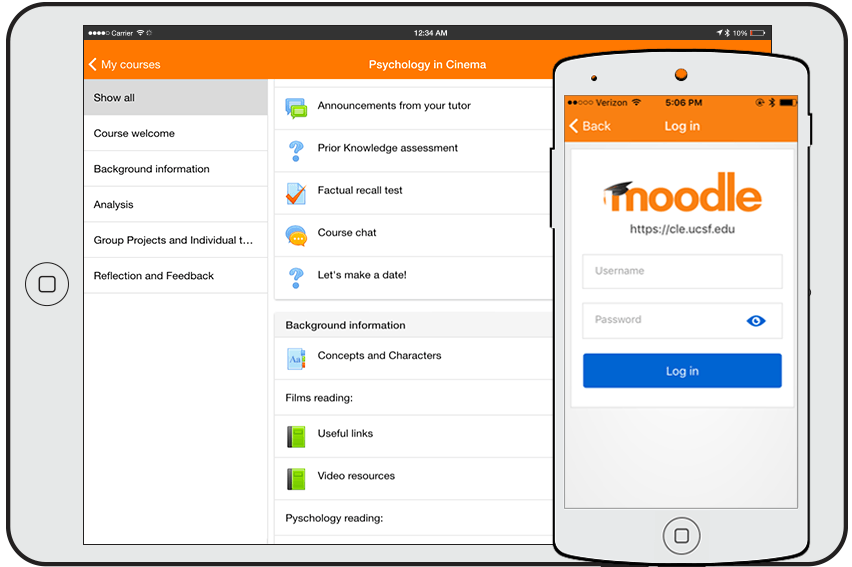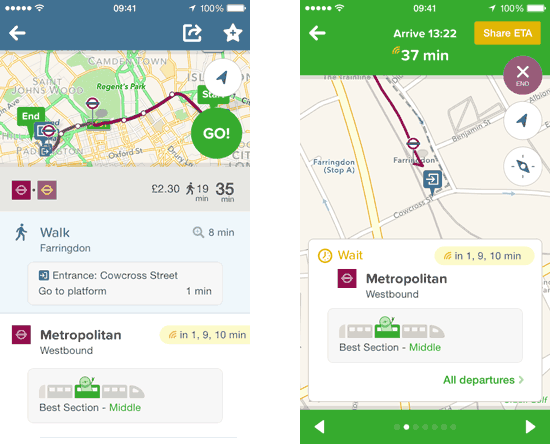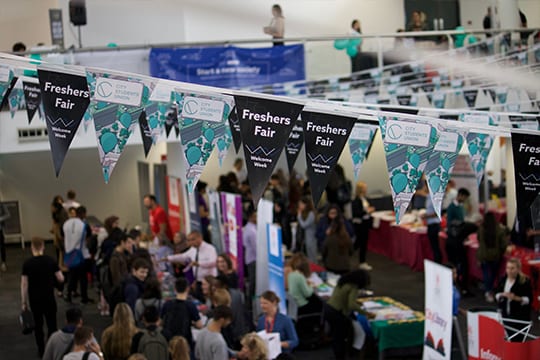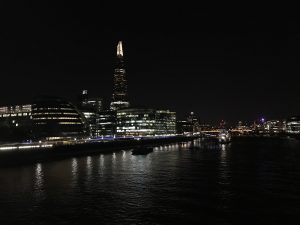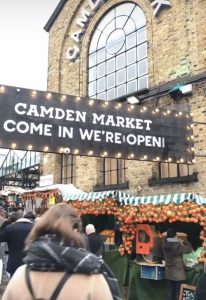London is the second most visited city in the world, according to Mastercard’s 2018 Global Destination Cities Index study. While the atmosphere of the Europe’s ‘Big Apple’ will always be fascinating, we have complied a list of the best day trips outside of London for student who want to explore further afield or are looking for a much needed break from their busy schedules.
The good news? You do not need to venture far to enjoy peace and quiet away from London’s hustle and bustle. In fact, an hour from London and you will stumble upon quaint towns and cities with many offerings no less impressive. With mobile apps like Trainline and a 16-25 Railcard on hand, it can be cheap and easy to plan a quick getaway (10 free apps every student should download). Here are some of my favourite towns for that much desired trip outside of London:
Maidstone, Kent [cheapest rail ticket with return: £10.40]
Maidstone is a town in Kent, England with a historically important background. Only an hours train ride away from London, the trip is breathtakingly worth it. A must-visit site is the Leeds Castle, dating back to 1119, and open to the public. Start by enjoying the beautiful views of the stone castle situated on two islands on a magnificent lake, take in the splendid rooms and Civil War cuirassier armour, then visit the world’s only museum of dog collars or lose yourself in the maze made with 2,400 yew trees.
Southend-on-Sea, Essex [cheapest rail ticket with return: £11.40]
The small town in southeast England is not short of fun activities. In just two hours you could escape your course-related stress and forget it all at the pebbled beach or at Adventure Island. It is a free-admission amusement park with rides and attractions for people of all ages. It offers six roller coasters, 30 rides, amusement arcades, Formula AI Karting, Adventure Golf, and Sea Life Adventure.
Cambridge [cheapest rail ticket with return: £12.55]
Cambridge is a city on the river Cam in eastern England. The town is small but full of interesting sites and places for you to relax. You could see the optical illusion of the Mathematical Bridge where it appears to be an arch, however, it is composed entirely of straight timers. You could also visit the famous Newton’s Apple Tree or the magnificent Jesus Green park. Another recommendation of mine is Cambridge University Botanic Garden, which covers an area of 16 hectares (40 acres). It holds a plant collection of over 8,000 plant species from all over the world, a botanic garden lake, beautiful glasshouses, and fountains.
Windsor [cheapest rail ticket with return: £7.75]
Would you like to visit the wedding site of Prince Harry and Meghan Markle? Only 39 minutes away from central London, Windsor Castle is the oldest and largest inhabited castle in the world and The Queens favourite weekend home. You too can make your way down The Long Walk like royalty, or experience on of the many tours and exhibitions the castle offers. The small town also has magnificent open spaces like the Windsor Great Park, a beautiful lake with swans, cosy pubs, and many shopping opportunities.
Brighton [cheapest rail ticket with return: £12.35]
The English seaside resort is a small-student town an hour away from London. It has fun student-friendly clubs and an incredibly beautiful pier, hosting an amusement park and sea life. Brighton is full of art galleries and museums and home to the the iconic regency palace and museum – Royal Pavilion. However, the highlight for me was the British Airways i360 – a 162-meter moving observation tower that overlooks the whole city and offers a view for the perfect Instagram picture.
Oxford [Cheapest train ticket with return: £10.80]
The small and tradition university town is a mere hour’s journey from central London. You can explore the university grounds, countless museums and theatres such as the Pitt Rivers Museum, Ashmolean Museum, and The Sheldonian theatre. Personally, I enjoyed the legendary Covered Market Oxford which has been around since the 1770s – an indoor bazaar with traditional market shops selling fresh produce at the greengrocers and butchers, gift shops and boutique clothing stores for unique treasures, bakeries and buzzing cafes to sit back and enjoy good food and soak in the atmosphere.
Broadstairs [cheapest rail ticket with return: £13.19]
In about 80 miles east of London, you could enjoy one of Thanet’s seaside resorts, known as the “jewel in Thanet’s crown”. Family-friendly sandy beaches, sand bars, and opportunities for surfing are at hand with numerous gulfs such as Botany Bay, Viking Bay, and Kingsgate Bay Road. The summer resort hosts the Dickens House Museum – this little gem has an entrance fee of £3.75 and it features extremely interesting exhibitions.
Fun fact: The building which houses the museum was once home to Mary Pearson Strong, a close friend of Dickens and the inspiration for characters such as Betsey Trotwood of David Copperfield. Indeed, the home is the model for Betsey’s home.
Bath [cheapest rail ticket with return: £20.50]
Bath is the largest city in Somerset County and well-known for its famous Roman-built baths. The town is filled with buildings in medieval style with a Gothic interior. It is the perfect place for you to relax and enjoy historic bath spas with hot waters and open rooftops swimming pools such as The Romanian Bath and Thermae Bath Spa. A personal favourite of mine is The Jane Austen Centre, a small namesake museum dedicated to the writer of the beloved-by-many novel, Pride & Prejudice. You could purchase jewellery and clothing, but also enjoy the lovely atmosphere of the Regency Tea Room with a cup of Lady Catherine’s Proper Cream Tea (£9) and a slice of Mrs. Bennet’s Cake of the day (£7.45).
